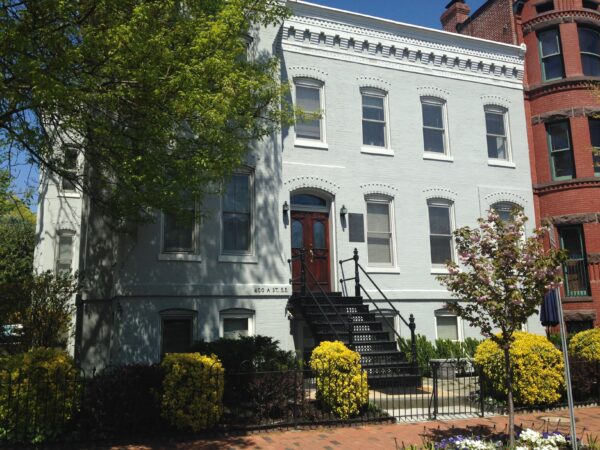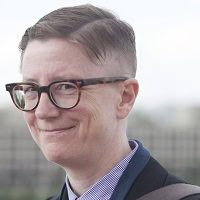
The AHA Townhouse
Professional envy—wanting what another person has—pervades our community, silently. Although several academic blog posts and online magazine articles about envy turn up with a Google search, nonacademic writers have explored it with far less hesitation, as Theresa McPhail pointed out in Vitae last year. Envy penetrates our ranks, but its invisibility makes measuring its depth impossible. Nor, really, can we comprehend its history.
In the absence of much direct evidence, historical practice turns us to context. Like people in most employment sectors today, historians work in climes of scarcity. With what seems like glee, some government officials demand obscene belt-tightening in public resources, including higher education and other knowledge-producing institutions. Working conditions decline within and outside academe, as do employment prospects. In higher education, scholars without the possibility of tenure often have little job security, but even those who have tenure fear its demise. Ideally, every grant, every prize, every book contract, every positive journal review leads to professional advancement and other tangible rewards. But in an environment of scarcity, there might seem to be only so many of these opportunities, for scholars in fields large and small.
Envy can complement the competitiveness that comes naturally to many seeking advanced degrees. Competition isn’t a bad thing—it can spur ambition and creativity—but it’s not the same as competitiveness. In a discipline that still bases success largely on individual achievement, individual loss can lead to a gnawing feeling that a peer is getting something you deserve in equal measure. (That just might be the case.) In other words, envy can come from external circumstances, the way the discipline is set up, and what we experience inside ourselves, too.
Prescriptions for therapy or mindfulness or yoga or medication or more sleep or gentle tea to overcome professional envy would be inappropriate. Individuals might be able to overcome it in ways that work for them. Our community—considering its smallness and somewhat insular nature—won’t likely be able to address it directly, but when we think about what happens to the discipline in hostile climes, we can perhaps give ourselves a break. Envy is not a productive emotion, but the conditions that provoke it are real.
This work is licensed under a Creative Commons Attribution-NonCommercial-NoDerivatives 4.0 International License. Attribution must provide author name, article title, Perspectives on History, date of publication, and a link to this page. This license applies only to the article, not to text or images used here by permission.


